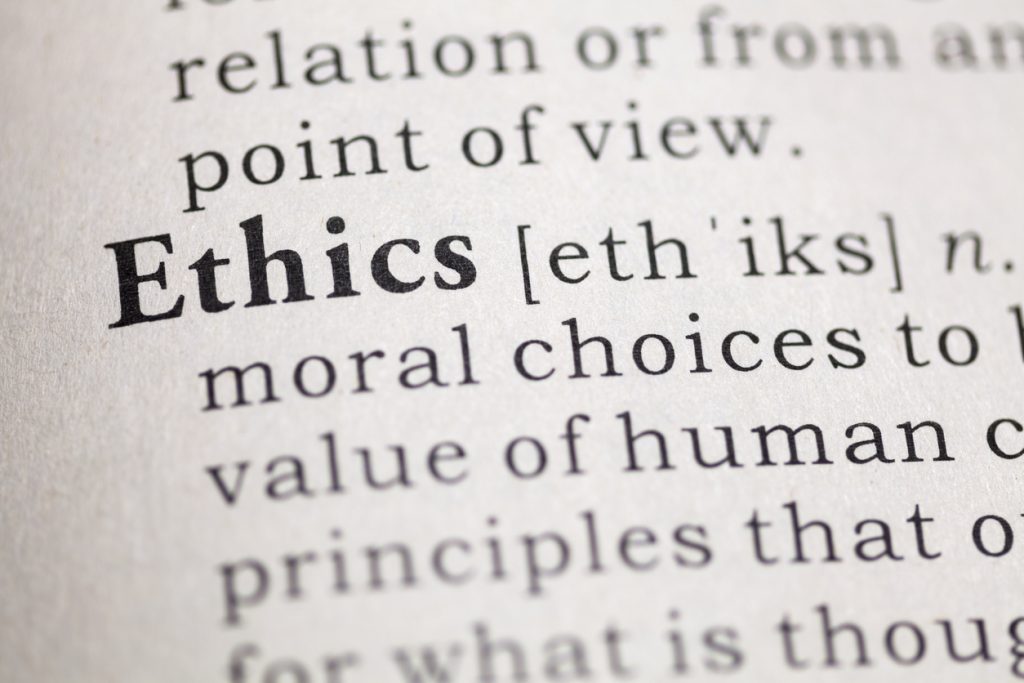To kick off the month of love, we’d like to talk about relationships. In our personal lives, we know that nurturing relationships with our families, friends, and partners is important. Strong relationships provide mutual benefits; we give support to our loved ones as they make steps toward their personal goals, and we hope they do the same for us. As nonprofit leaders and grant professionals, we all know how crucial it is to build solid relationships in order to succeed in reaching our organizational goals, as well. We build relationships with our beneficiaries to make sure our program strategies match their strengths, needs, and solutions. And we build relationships with funders to ensure we have a strong financial foundation to continue offering those programs. Just as every relationship in our personal lives is unique, so are the approaches we must take with funders, depending on whether they are a foundation, corporation, or federal agency. So, let’s talk about the distinct “love language” and which approach to take in building relationships with each of the funders listed below.










